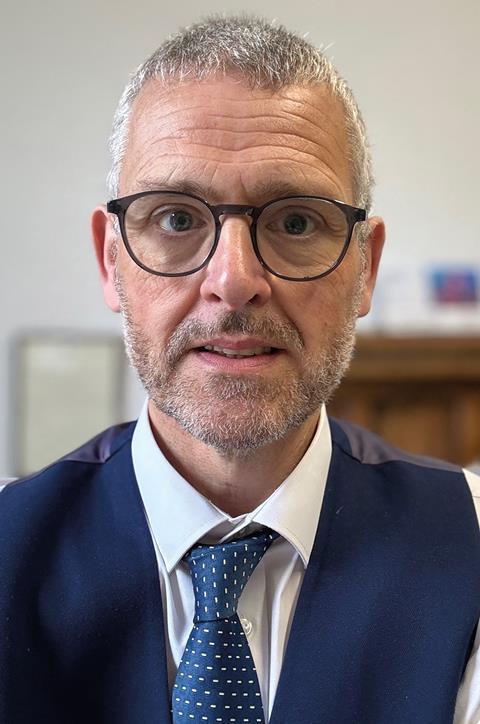Who? Mark Newby, solicitor-advocate and principal member, QualitySolicitors Jordans LLP.

Why is he in the news? Represented Victor Nealon in a case at the European Court of Human Rights concerning the UK government’s refusal to compensate Nealon for a miscarriage of justice after his conviction of attempted rape was quashed. The court’s Grand Chamber ruled in a split decision that the UK’s statutory test for a ‘miscarriage of justice’ is compatible with Article 6(2) of the European Convention on Human Rights (presumption of innocence).
Thoughts on the case: ‘This was a challenging and overly complex case turning on the semantics of assessments of innocence and the language used by the [justice secretary]. The law is inhumane as it requires a person to prove their innocence a second time despite having their conviction quashed – a breach of the presumption of innocence. The Grand Chamber suggested the language did not impute overall innocence. Disturbingly, the court recognised that the UK test was conceived to be restrictive and the five dissenting judges pointed out that it imposes an insurmountable hurdle to any applicant for compensation, resulting in 96% of applicants not being awarded compensation [between 2017 and 2022]. You might think someone serving 17 years in prison for an attempted rape when it was someone else’s DNA should be compensated. This is a test which cannot and must not stand. The legal challenge is at an end, but the campaign is not. We will not stop fighting until this immoral scheme is changed.’
Dealing with the media: ‘We have had a positive engagement over the issues in this case. This comes from a growing concern about miscarriages of justice and the plight of the wrongfully convicted. It is important to develop relationships with the national media so we can all arrive at a shared understanding of the consequences of being a wrongfully convicted person abandoned by the state. There is also a difficult balance in getting the story out while protecting the welfare of individuals who are always damaged by what has happened to them.’
Why become a lawyer? ‘I want to make a difference to the lives of others. The work I do is not well paid, and I have to provide a significant amount of my time for free, but I do it because it matters.’
Career high: ‘Standing outside the Court of Appeal with Anver Sheikh, a care worker who made a lasting impression with his humanity and forgiveness despite being wrongfully convicted twice.’
Career low: ‘The ECtHR’s decision ranks high but equally every appellant where I have not managed to get them home.’































No comments yet